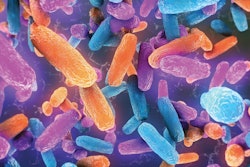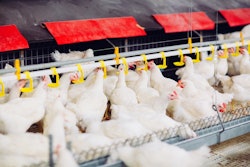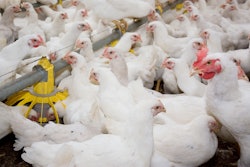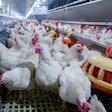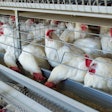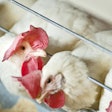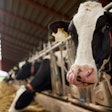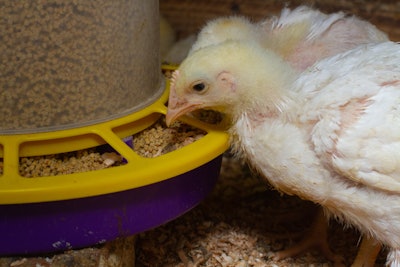
Essential oils have a positive impact on the poultry gut microbiota against pathogenic bacteria, such as E. coli. Nathalie Bonal, Phytosynthese, explained at the 2024 International Production & Processing Expo (IPPE) in Atlanta, Georgia, on January 31.
"It appears to have very strong bacteriostatic activity against E. coli and other pathogenic bacteria," she said.
What are essential oils?
Essential oils are naturally produced by plants with strong bacteriostatic properties. They have strong antioxidant and pathogen-fighting properties and can also stimulate appetite and digestion, which can aid early growth and development.
Examples of this include cinnamon, thyme, garlic and citronella. Essential oils fed to poultry are typically made up of a combination of several ingredients, rather than just one individual ingredient.
In vivo tests
In vivo tests were conducted to determine the minimum amount needed to be effective, as well as to see how effective essential oils are against bacteria like E. coli.
The trials revealed that essential oils were more effective against bad bacteria in the gut than Lactobacillus.
"With essential oils, we can see that some pathogenic bacteria such as E. coli are more sensitive to Lactobacillus, which is a very good thing. We see that we have created a very positive, productive environment in the gut thanks to the essential oils we used," Bonal said.
This likely occurred because essential oils disrupted the membrane integrity of the bacteria, photometric microscopy showed.
Testing in poultry
Further tests in poultry revealed that essential oils significantly boosted the diversity of the gut compared to the control group. There were also improvements in live weight, an increase in Lactobacillus and better feed conversion ratio.



